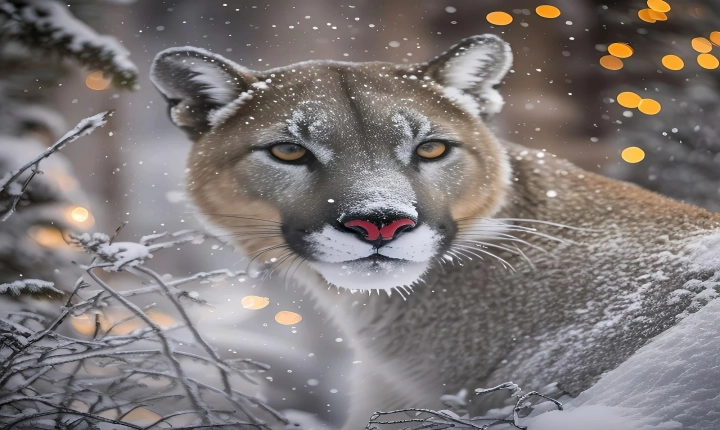Title: The Intriguing Intersection of AI and Poetry: Exploring the Creativity of Machines
In recent years, the intersection of artificial intelligence and art has captivated the imagination of many. From creating visual art to composing music, AI has demonstrated an impressive ability to generate creative work. One particularly intriguing aspect of this intersection is the ability of AI to write poetry. The thought of a machine exhibiting the depth, emotion, and nuance typically associated with poetry raises thought-provoking questions about creativity, language, and the nature of art itself.
AI-generated poetry has become a subject of fascination and debate, igniting a dialogue about the boundaries of human creativity and the potential of machines to surpass them. Critics often argue that the essence of poetry lies in the human experience, rooted in emotions, cultural context, and personal interpretation. However, proponents of AI-generated poetry argue that machines can offer a fresh perspective, free from human biases and societal constraints, and that their output can be deeply moving and thought-provoking.
One of the most compelling examples of AI-generated poetry is in the use of natural language processing algorithms to analyze and evoke human emotions through verse. By analyzing vast amounts of existing poetry, AI programs can learn to mimic the style and sentiment of human poets. These algorithms are trained to recognize patterns, themes, and literary devices, allowing them to compose poems that echo the aesthetic and emotional qualities of human-created verses.
One of the most fascinating aspects of AI-generated poetry is the potential for collaboration between human poets and artificial intelligence. Some poets have embraced AI as a tool for inspiration and experimentation, using its output as a starting point for their own creative work. By incorporating AI-generated text into their poetry, these poets explore the boundaries of authorship and invite a new dynamic into the creative process.
The nature of AI-generated poetry raises important questions about the role of the poet as a conduit for human experience and expression. Can an AI program authentically capture the essence of human emotion and experience in its poetry? Does the act of creation require intention and consciousness, or can it be algorithmically replicated by a machine? These are challenging questions that confront the very essence of creativity and artistic expression.
Despite the controversy and skepticism surrounding AI-generated poetry, the exploration of this new form of creativity offers a unique opportunity to broaden our understanding of art, language, and the human experience. Whether viewed as a novelty or a serious artistic endeavor, AI-generated poetry challenges us to reconsider the boundaries of creativity and the potential of technology to reshape our artistic landscape. In a world where the intersection of AI and art continues to evolve, the poetry generated by machines compels us to reassess the fundamental nature of creativity and the ways in which we perceive and engage with artistic expression.
